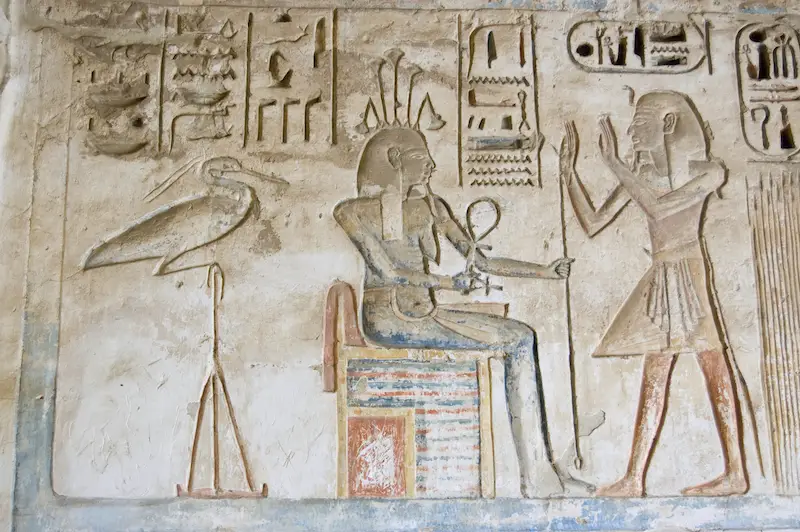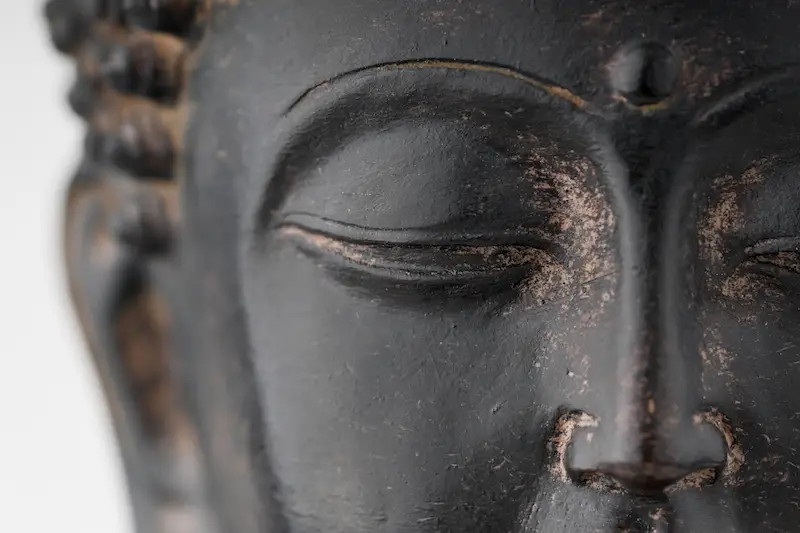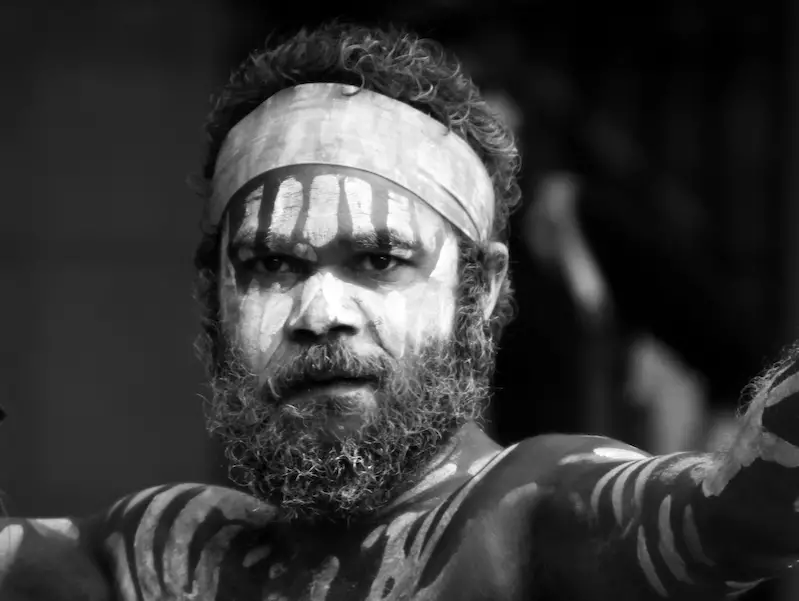Life is full of mysteries. But, day by day, the steady march of scientific progress fills in the blanks. Sure, an occasional few stubbornly stand their ground, but for the most part, in furthering our understanding of existence, evidence eventually comes to replace beliefs.
Still, for all the knowledge we've gained, a great many question marks still exist. Is there other life in the universe? What is the true function of sleep?
In these instances -- until solid evidence proves otherwise -- our understanding remains semi-rooted in the realm of belief. For this reason alone, in the absence of modern wisdom, it's occasionally worth looking elsewhere for clues to illuminate our understanding.
Take sleep, for example. While scientists have unearthed many of its functions, there are several historical instances where our ancestors offered fascinating explanations for the greater purpose of sleep and the events that occur when our eyes are closed. Here's a look at four core beliefs that revolved around the act of rest.
Ancient Egyptians

As documented in the Book of the Dead, Egyptians were under the impression that our thoughts reflected our "core self." In unravelling this philosophical quandary, Egyptians looked to sleep for answers. One of their core beliefs was that, through dreams, our eyes were truly opened and the gods were revealed.
More than simply a manifestation of our subconscious, our dreams, according to Egyptians, were a nightly journey to the stars, specifically Sothis or Sirius, where the true source of higher consciousness resided. They were so convinced of this belief, that they made the symbol of an open eye the hieroglyph for dream.
Inevitably, the duty of dream interpretation fell to local temple priests, whose veneration by the public earned them the badass title "Masters of the Secret Things." Acting as guides, these priests would unravel nightly visions (containing warnings, advice and prophecies), recording them in the Chester Beatty Papyrus — the oldest dream book in existence.
Hindus

Ancient Hindus further philosophized about self and sleep. Sometime between 800 - 500 BCE, they recorded these ideas in a text called the Advaita Vedānta. Going against the grain of the prevailing Vedic religious order of the time, Vedānta's central philosophy is rooted in monism, a belief that the meaning of existence is contained within one's own "pure consciousness."
Vendāta doesn't rely on a priest for enlightenment. Rather, it holds that true enlightenment comes from within, a state of knowledge known as Brahman. In order to achieve this state, the Vedānta outlines the three states of mind we experience everyday, and a special fourth one where pure consciousness lies. The first three states are jāgrat (waking), svapna (dreaming), and susupti (a deep sleep without dreams). These states together form the fourth state known as turiya, which we experience during deep, dreamful sleep.
According to the Vedānta, turiya is where we realize our true self. In this state, we experience the world as it truly is, a place of bliss only ever partially experienced during these rare moments of deep sleep. If you've ever woken up truly refreshed after a good night's rest, according to Vedānta, you briefly experienced enlightenment.
Buddhists

For Buddhists, sleep is most valued in moderation. In contrast to the pro-sleep beliefs of Vedānta, Buddhists believe one is not accountable for their actions during sleep. Anything beyond the requisite amount of sleep (early to bed, wake at sunrise), amounts to serious damage to one's physical and psychological well-being.
The roots of this sleep stigma, along with the rest of this belief system, lie with Buddha. Given the idle hours of meditation Buddha's disciples faced, Buddha was acutely aware of the temptation they faced to indulge in sleep. In warning his monks and nuns of lying in, Buddha proclaimed, "When one is lazy, gluttonous, snoozing and lolling on the bed like a great fat pig, he will be reborn again and again." Presumably that is, as a pig.
Instilling sleep anxiety in Buddha's followers didn't stop there. Buddha was known to have also observed how our waking behavior can sometimes affect our sleep. In other words, as Buddha sees it, insomnia is caused by immorality. In his own, more poetic words:
When the fool is on his couch or bed or lying on the ground, the evil actions he has done in the past descend on him, settle on him, lie on him, just as the shadow of a mountain in the late afternoon descends, settles and lies on the earth. At that time the fool thinks I have not done what is beautiful or skilful. I have not pro.
On Buddha's brighter flipside, those who follow his peaceful path can expect nights of peaceful rest.
The enlightened one, done with sensual pleasures, free from acquisitions and with a cool heart, always sleeps happily. When attachments are chopped off, the heart is carefree, and the mind is at peace, and the serene one sleeps well.
Aborigines

The Aboriginal people of Australia have a wonderfully imaginative name for dreaming. They call it "all-at-once time."
All-at-once time, as the name suggests, is where the past, present and future coexist. Through this state, Aborigines experience the four facets of existence: the beginning of all life, the lives and influence ancestors, the way of life and death; and the sources of power in life.
To attain this rest, Aborigines, like Buddhists, are required to abide by tribal rules, rituals and myths of the tribe. For Aborigines, death is simply a part of — a continuation of — the cycle of life and birth. The time spent between these cycles is the space occupied by dreams, connecting all Aborigines, past and present.


